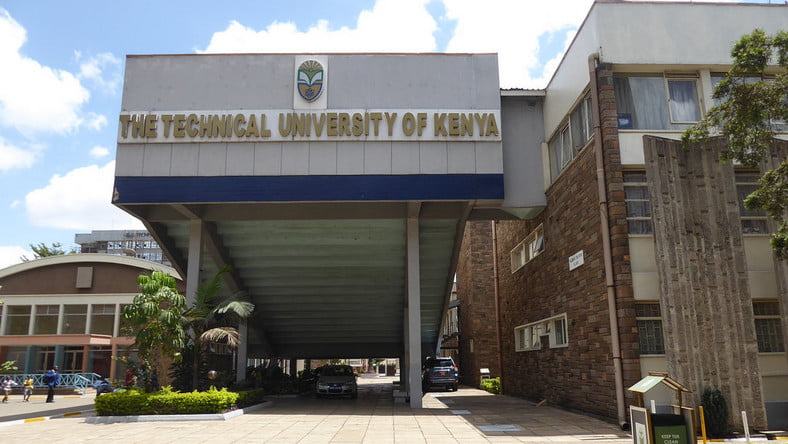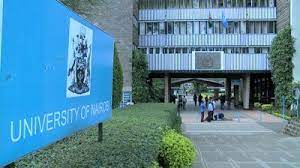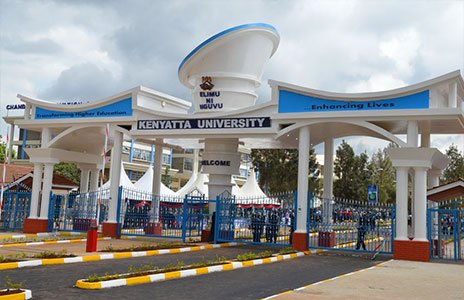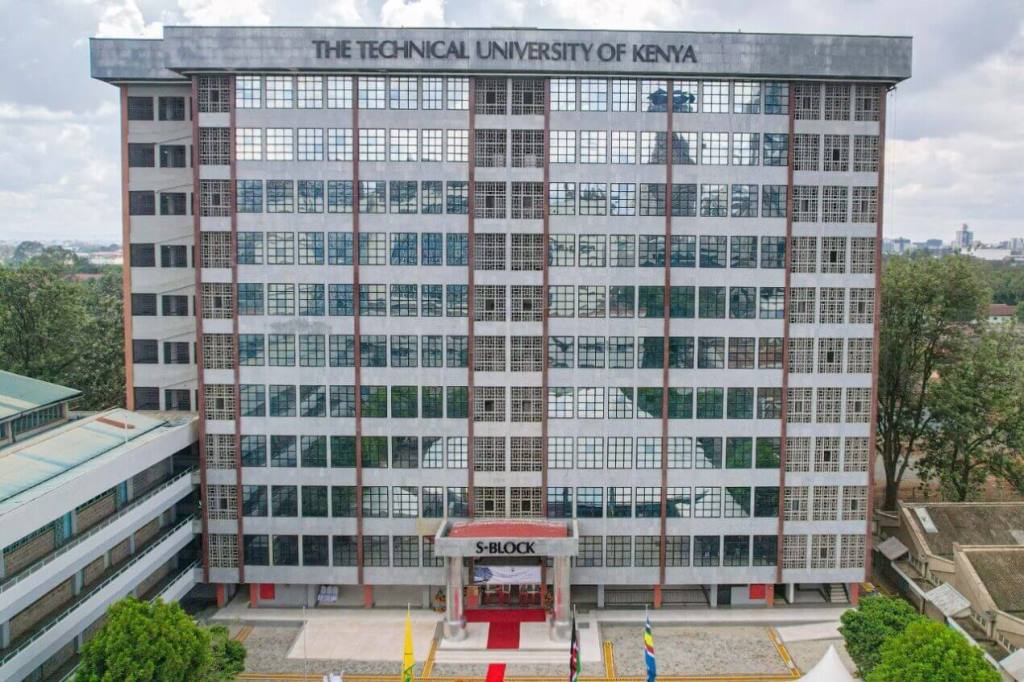By Alfred Musembi
The National Treasury has proposed to increase budget allocation to top six public universities for recurrent expenditure for the year starting July.
Budgets estimates currently before Parliament for debate shows that the recurrent budget for the country’s top six varsities will increase by Sh22. 7 billion to Sh46.98 billion from Sh24.28 billion in the year ending next month.
Recurrent budget foots expenses that include payment of salaries and allowances for permanent staff, wages for casual employees, employer contributions and payment of interest among others.
The varsities are the University of Nairobi (UoN), Moi University, Jomo Kenyatta University of Science and Agriculture, Kenyatta University, Egerton University and the Technical University of Kenya (formerly Kenya Polytechnic).
The increase in the allocation of monies used for payment of staff salaries and allowances and purchase of goods and services comes at a time the institutions are trapped in funding struggles that have seen them fail to remit more than Sh34 billion in statutory deductions for employees.
The cash-strapped universities have consequently failed to remit statutory deductions that include Pay As You Earn (PAYE), National Hospital Insurance Fund (NHIF), National Social Securities Fund (NSSF), pension schemes, insurance premiums and Sacco contributions.
But now the universities will get a reprieve if Parliament approves budgetary allocations for the recurrent expenditure in the year starting July.
But the National Assembly committee on Education chair, Florence Mutua remains coy on the proposals amid fears that Parliament can shoot them down when the budget comes up for debate and approval.
“Until the final report is adopted, those are just estimates. We actually need more so that the pending statutory bills can be paid,” Mutua said.
The University of Nairobi will be the biggest beneficiary in Treasury’s proposed recurrent for the public varsities.
Nairobi University’s allocation for recurrent budget has more doubled to Sh13.23 billion from Sh5.93 billion in the current year ending next month, followed by Kenyatta University whose budget will rise to Sh8.807 billion from Sh4.12 billion.
The Jomo Kenyatta University of Science and Technology will be the third biggest beneficiary after Treasury proposed Sh8.77 billion in the year starting July from Sh4.39 billion while the Nakuru-based Egerton University will get Sh4.026 billion from Sh2.09 billion.
The recurrent budget for Moi University will rise to Sh6.93 billion from the current Sh4.83 billion if parliament approves the proposals.
Maseno University will get Sh3.51 billion in the year starting July up from Sh2.003 billion while the Technical University of Kenya allocation for recurrent budget has been increased to Sh2.85 billion from Sh1.88 billion.
The increase is a reprieve for the public universities that had in December last year written to the Treasury seeking additional Sh20 billion in the wake of the economic disruptions occasioned by the Coronavirus pandemic.
“Several universities have already written to us and requested for additional funding amounting to Sh20 billion,” Treasury Principal Secretary Julius Muia told the National Assembly Committee on Education in December last year.
Funding for universities has been hit hard by the sharp decline of students enrolling for the parallel degree programme courses over the past three years that generated billions for the institutions.
The number of students qualifying to join universities with C+ has dropped to 125, 463 last year from 169, 492 in 2015.
The top universities had by end of last year failed to remit employee dues amounting to Sh34 billion, painting the grim picture of institutions in dire financial state.
A report tabled in Parliament last year showed that UoN tops the list with Sh5.5 billion in unpaid statutory dues while Jomo Kenyatta University of Agriculture Technology (JKUAT) and the TuK come in second at Sh3.5 billion each, while Kenyatta University at Sh2.7 billion.
The proposal to increase the recurrent budget for the public universities come at a time the institutions has unsuccessfully sought approval from Parliament to increase tuition fees.
Vice chancellors proposed that tuition fees be increased to Sh48, 000 from the current Sh16, 000 for fresh students to ease cash flow challenges that have affected service delivery.
The National Treasury had backed the push, setting the stage for the first major shake-up of university fees since the end of free university education in 1991 and introduction of the student’s loans scheme-Higher Education Loans Board (HELB) in 1995.
Parliament however rejected the plan and instead asked universities to work with the national government to explore ways of increasing the allocation to the Higher Education Loans Board— the agency that disburses loans on behalf of the government with the aim of supporting more students.
“Any review of fees should take into consideration the performance of the economy at that time, given the effects of COVID-19 on the economy,” Mutua said.
Faced with the funding crisis, the universities froze hiring and slowed down on expansion plans as they struggle with huge debts.











